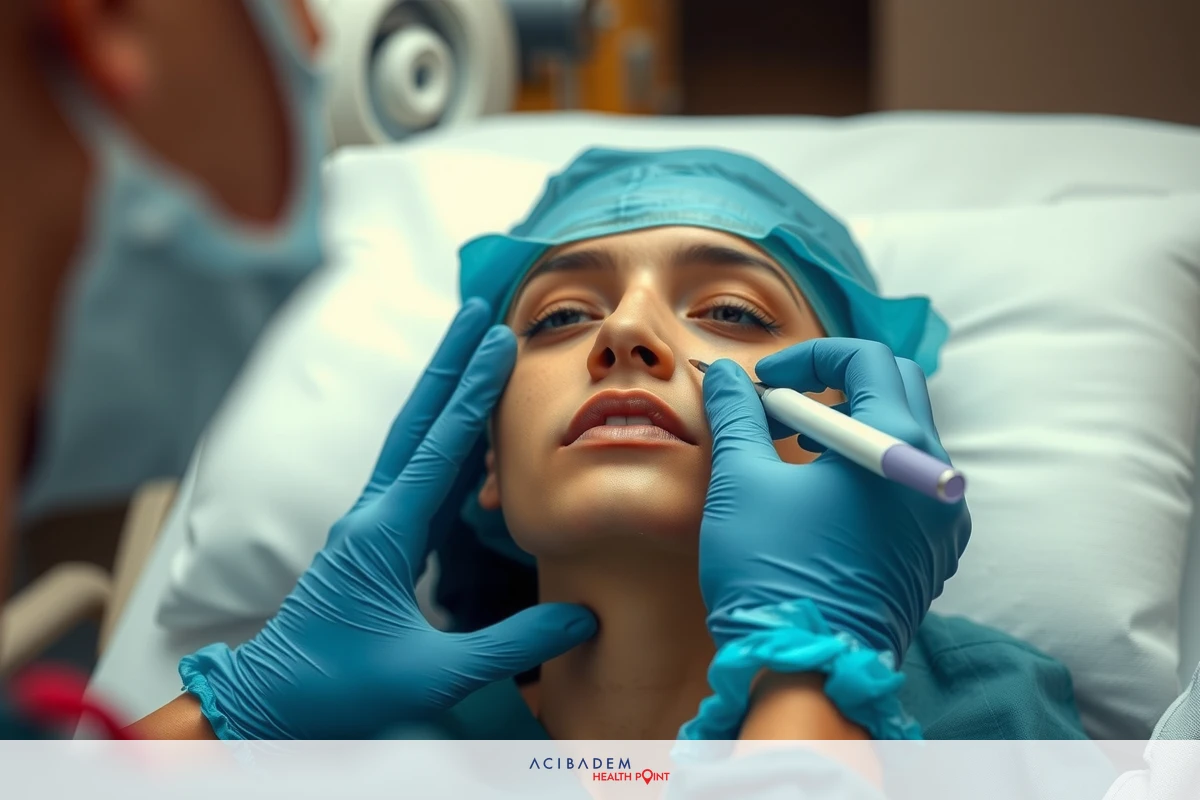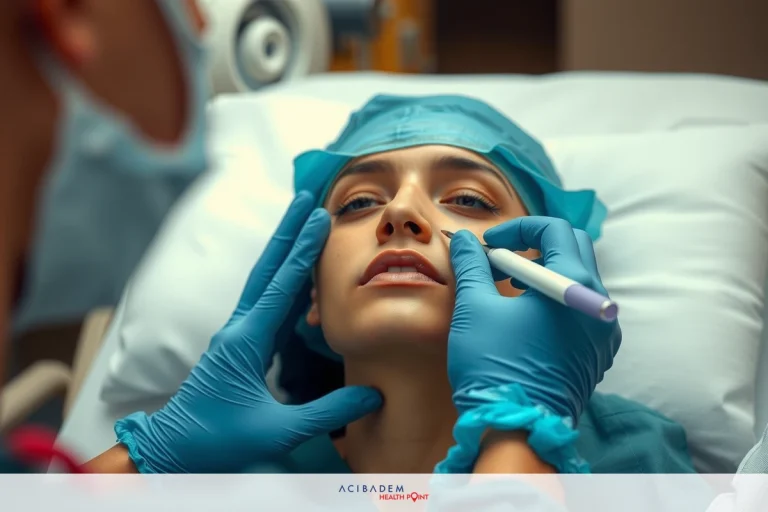Is Nose Plastic Surgery Haram?
Is Nose Plastic Surgery Haram? Rhinoplasty, also known as nose plastic surgery, is a widely conducted intervention carried out for diverse motives, encompassing the correction of respiratory issues and the alteration of nose shape for aesthetic enhancements. It’s important to understand what the procedure entails and its purpose. In many cases, individuals undergo this type of surgery to enhance their self-esteem and overall quality of life. When viewed through the lens of different cultural and religious perspectives, the acceptability of such procedures can vary.
From an Islamic perspective, the permissibility of such procedures is often questioned. Islam places great emphasis on accepting one’s natural appearance and discourages unnecessary changes solely for vanity. The concept of ‘haram’, which means forbidden in Arabic, plays a crucial role in determining whether certain actions are permissible within the religion. This includes plastic surgery procedures like rhinoplasty. The article seeks to provide clarity on this subject from an Islamic viewpoint.
Understanding Nose Plastic Surgery
Nose plastic surgery, commonly referred to as rhinoplasty, is a surgical procedure that alters the shape or function of the nose. It’s one of the most frequently performed cosmetic surgeries worldwide. While rhinoplasty is often associated with cosmetic changes, it also has significant medical applications. The procedure can be used to correct breathing issues, repair nasal injuries, and address congenital abnormalities.
Rhinoplasty can be categorized into two primary types: cosmetic and functional. Cosmetic rhinoplasty involves altering the appearance of the nose to enhance its aesthetic appeal. This can include reshaping the bridge, changing the angle between the nose and mouth, or modifying the size of the nostrils. Despite being a cosmetic procedure, it requires a high level of surgical precision and artistry to balance facial proportions and maintain a natural look.
On the other hand, functional rhinoplasty aims to improve or restore the nose’s normal function. This type of nose surgery primarily focuses on correcting structural defects that cause breathing difficulties. For instance, it may involve straightening a deviated septum – a condition where the thin wall between your nasal passages is displaced to one side. By fixing these issues, functional rhinoplasty can significantly enhance an individual’s quality of life.
Regardless of its purpose, undergoing nose plastic surgery is a decision that should be taken seriously. It requires understanding the potential risks, benefits, and recovery process associated with the procedure. It’s crucial to have realistic expectations about the results to ensure satisfaction post-surgery.
Islamic Perspective on Nose Plastic Surgery
In the realm of Islam, health and physical wellbeing are highly valued, and seeking medical treatment is considered a responsibility when needed. The religion also emphasizes the importance of accepting one’s natural appearance and refrains from unnecessary alterations driven by vanity. The Islamic perspective on plastic surgery, including nose surgery, is guided by these principles.
The concept of ‘haram’ in Islam refers to actions that are forbidden or sinful. Not all types of plastic surgery are considered haram. When it comes to nose plastic surgery, the intention behind the procedure plays a crucial role in determining its permissibility. If the surgery is conducted to correct a deformity, repair an injury, or resolve health issues like breathing difficulties, it is generally deemed permissible as it aligns with the Islamic principle of seeking treatment. This is because such procedures help enhance the quality of life and do not merely serve aesthetic purposes.

If nose plastic surgery is pursued solely for cosmetic reasons without any medical necessity, it may be viewed differently. Islam encourages its followers to appreciate and maintain their God-given natural beauty. Therefore, undergoing surgery merely to alter one’s appearance could be considered discouraged or even haram by some scholars. Nevertheless, views can vary among different Islamic scholars and communities based on their interpretations of religious texts. It’s always advisable to consult with knowledgeable individuals or religious authorities if you have any doubts or questions regarding this matter.
Frequently Asked Questions
Is nose plastic surgery considered haram in Islam?
According to Islamic scholars, nose plastic surgery is not inherently haram as long as it is done for valid medical reasons or to correct a deformity. Unnecessary cosmetic procedures solely for vanity may be discouraged.
What are some valid medical reasons for nose plastic surgery?
Valid medical reasons for nose plastic surgery include correcting breathing difficulties, repairing nasal injuries, or addressing congenital abnormalities that affect the function of the nose.
Are there any specific guidelines or restrictions for nose plastic surgery in Islam?
Islam emphasizes the importance of maintaining one's natural appearance and avoiding excessive alterations. Therefore, it is advised to seek moderation and avoid extreme changes that may alter one's natural features drastically.
Can insurance cover nose plastic surgery?
Insurance coverage for nose plastic surgery varies depending on the specific insurance policy and provider. It is recommended to consult your insurance company directly to understand their coverage criteria.
What should I consider before deciding to undergo nose plastic surgery from an Islamic perspective?
Before considering nose plastic surgery from an Islamic perspective, it is important to evaluate your intentions behind the procedure. If it is solely driven by vanity and not medically necessary, it may be worth reconsidering. Consulting with religious authorities or knowledgeable individuals can provide further guidance based on your specific circumstances.











